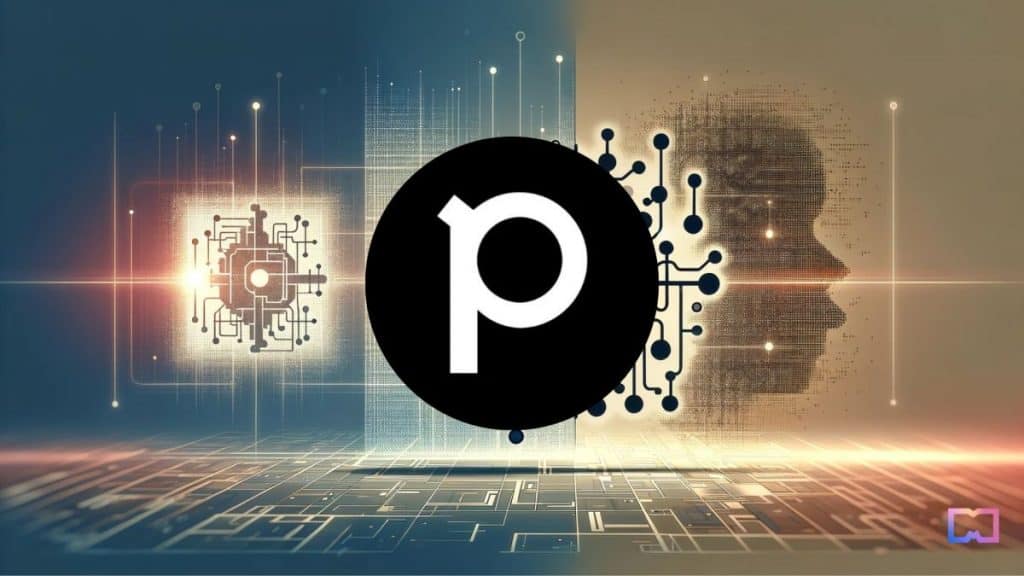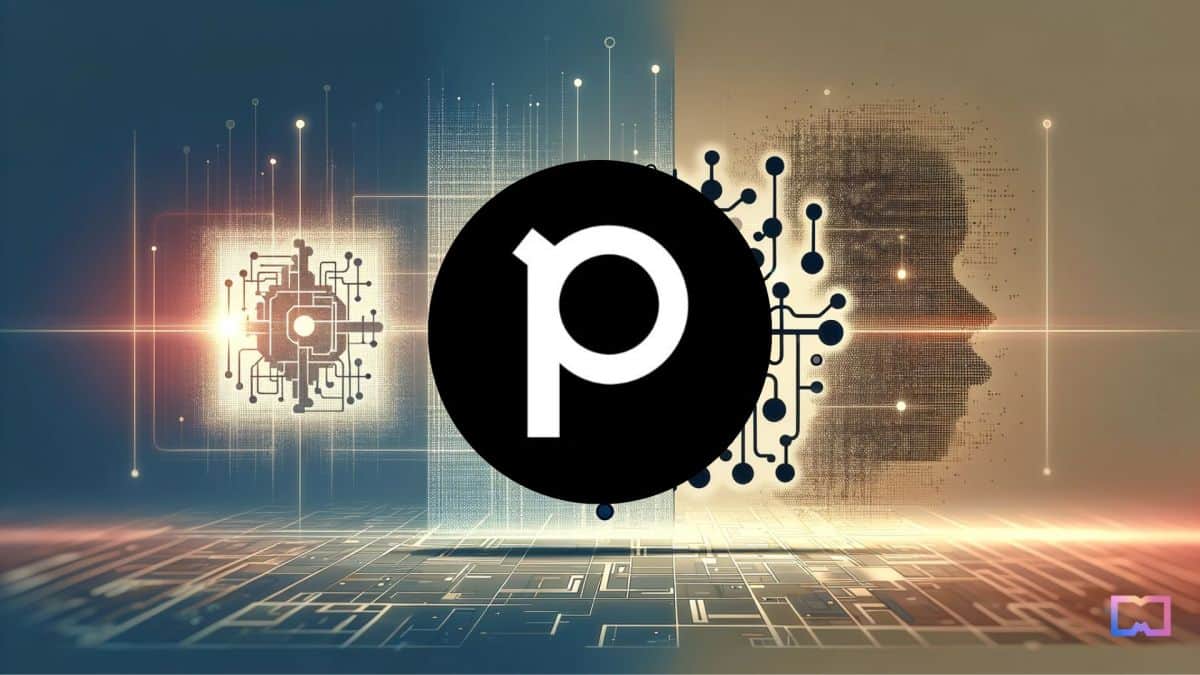

In Brief
Phind launched its latest breakthrough in AI-driven coding with the 7th-generation model, acclaimed for outperforming the renowned coding capabilities of GPT-4.

In the dynamic realm of AI and coding, Phind recently introduced its 7th-generation model, touted to not only match but also surpass the coding capabilities of the famed GPT-4.
The Phind Model V7 is making waves with its remarkable performance, boasting a rapid response rate that is five times faster than its predecessor, effectively reducing answer times from 50 seconds to a mere 10 seconds for technical queries.
Drawing from the success of open-source CodeLlama-34B fine-tunes, the Phind team crafted an innovative model that became the first to surpass GPT-4 in the HumanEval benchmark.
Standing at a 74.7% pass on HumanEval, the new model leverages an expansive fine-tuning process on over 70 billion tokens of premium code and problem-solving content. Despite this, Phind recognizes that the HumanEval score doesn’t fully reflect real-world utility, a fact corroborated by detailed user feedback and the model’s stellar performance on actual coding questions.
Our GPT-4-beating coding model is now the default on https://t.co/epkoFW8Ozz.
It’s also 5x faster than GPT-4.
Learn more in our blog post: https://t.co/PrOFETEbvd
— Phind (@phindsearch) October 31, 2023
The Discord community around Phind has expressed a marked preference for the new model, opting for it over GPT-4, even with unrestricted access to both. The team has achieved a significant boost in speed by leveraging NVIDIA’s TensorRT-LLM library on H100s hardware, clocking in at an impressive 100 tokens per second in a single stream.
In terms of context, Phind has pushed the envelope by supporting up to 16,000 tokens, providing developers with a comprehensive range to work with—12,000 tokens for input and an additional 4,000 reserved for web results. This expanded token limit facilitates a more nuanced understanding and generation of complex code.
Ongoing Refinement to Tackle Inconsistencies
While Phind celebrates the triumphs of its latest model, it acknowledges the presence of imperfections, particularly in consistency. The team commits to continuous improvements for enhanced reliability, particularly for complex queries that might need several attempts to achieve the correct solution.
Phind’s innovative model is readily accessible for testing on their website, boasting an unlimited number of free uses, a testament to their commitment to democratizing AI-powered coding assistance. Alongside code generation, Phind also provides a virtual pair programming experience, enabling programmers to collaborate and streamline their coding endeavors.
Disclaimer
Any data, text, or other content on this page is provided as general market information and not as investment advice. Past performance is not necessarily an indicator of future results.
![]()
![]()
The Trust Project is a worldwide group of news organizations working to establish transparency standards.
Nik is an accomplished analyst and writer at Metaverse Post, specializing in delivering cutting-edge insights into the fast-paced world of technology, with a particular emphasis on AI/ML, XR, VR, on-chain analytics, and blockchain development. His articles engage and inform a diverse audience, helping them stay ahead of the technological curve. Possessing a Master’s degree in Economics and Management, Nik has a solid grasp of the nuances of the business world and its intersection with emergent technologies.

Nik Asti

Nik is an accomplished analyst and writer at Metaverse Post, specializing in delivering cutting-edge insights into the fast-paced world of technology, with a particular emphasis on AI/ML, XR, VR, on-chain analytics, and blockchain development. His articles engage and inform a diverse audience, helping them stay ahead of the technological curve. Possessing a Master’s degree in Economics and Management, Nik has a solid grasp of the nuances of the business world and its intersection with emergent technologies.
Read More: mpost.io











 Compound
Compound  Wormhole
Wormhole  Sun Token
Sun Token  Staked HYPE
Staked HYPE  Movement
Movement  Popcat
Popcat  Coinbase Wrapped Staked ETH
Coinbase Wrapped Staked ETH  Ether.fi Staked BTC
Ether.fi Staked BTC  Mog Coin
Mog Coin  Amp
Amp  Gnosis
Gnosis  Akash Network
Akash Network  Livepeer
Livepeer  Swell Ethereum
Swell Ethereum  Polygon Bridged WBTC (Polygon POS)
Polygon Bridged WBTC (Polygon POS)  Trust Wallet
Trust Wallet  JUST
JUST  Polygon
Polygon  Olympus
Olympus  Terra Luna Classic
Terra Luna Classic  Polygon PoS Bridged WETH (Polygon POS)
Polygon PoS Bridged WETH (Polygon POS)  Legacy Frax Dollar
Legacy Frax Dollar  Wrapped AVAX
Wrapped AVAX  Binance-Peg BUSD
Binance-Peg BUSD  Plume
Plume  Global Dollar
Global Dollar  Axelar
Axelar  Ripple USD
Ripple USD  MANTRA
MANTRA  SuperVerse
SuperVerse  Safe
Safe  Bybit Staked SOL
Bybit Staked SOL  Turbo
Turbo  1inch
1inch  Berachain
Berachain  Creditcoin
Creditcoin  Cheems Token
Cheems Token  cat in a dogs world
cat in a dogs world  Aave USDC (Sonic)
Aave USDC (Sonic)  Quorium
Quorium  BTSE Token
BTSE Token  Dash
Dash  aBTC
aBTC  Kusama
Kusama  cWBTC
cWBTC  Decred
Decred  ai16z
ai16z